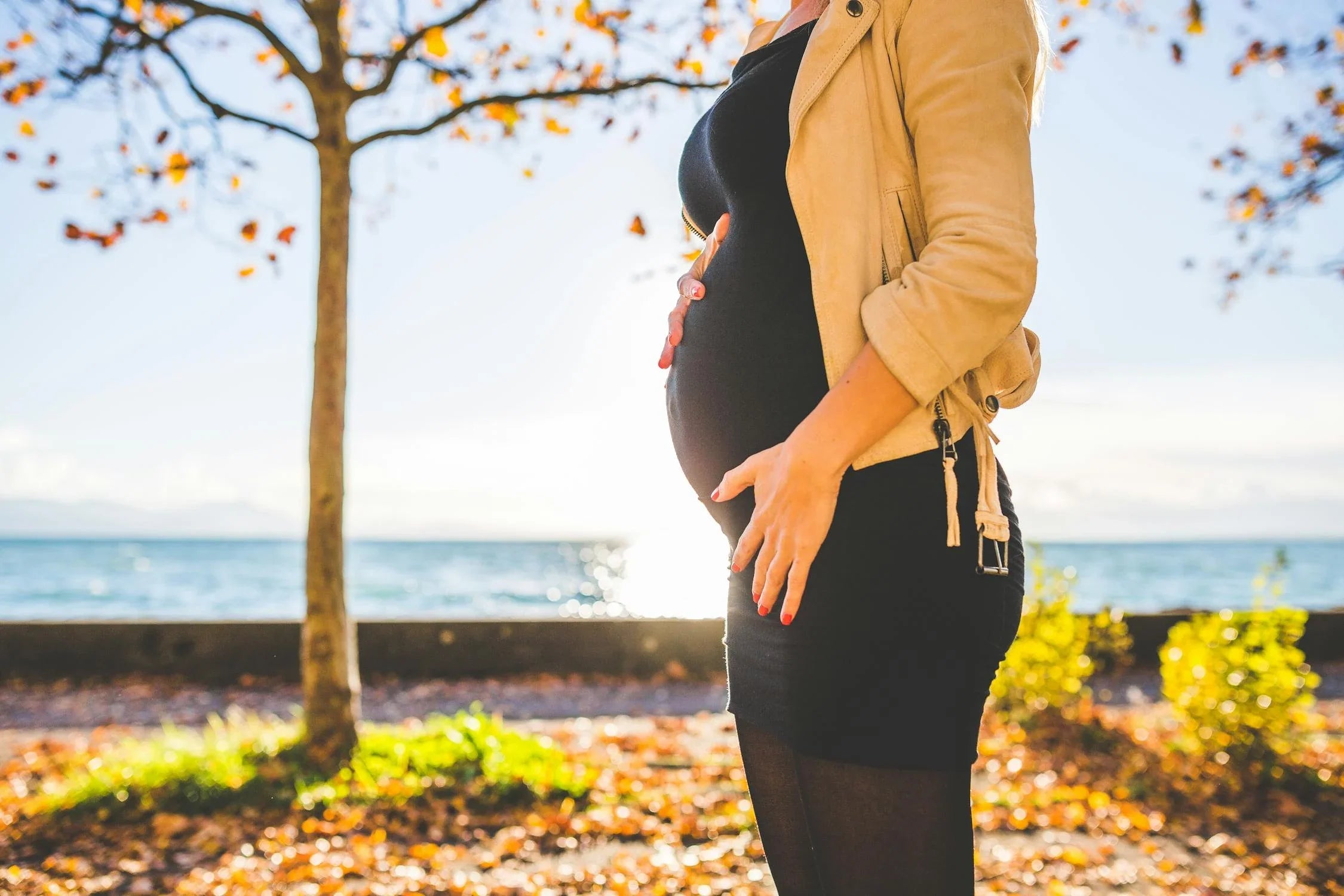Home
Pregnancy, Breastfeeding, and Pumping: The Ultimate Guide for Moms
How Many Days After Ovulation Pregnancy Test: A Comprehensive Guide

How Many Days After Ovulation Pregnancy Test: A Comprehensive Guide
When it comes to determining the best time to take a pregnancy test after ovulation, timing is everything. The anticipation of finding out whether you're pregnant can be both exciting and nerve-wracking. Knowing when to test can help you avoid unnecessary stress and ensure that you get the most accurate results possible.
Understanding Ovulation and the Menstrual Cycle
Ovulation is the process by which a mature egg is released from the ovary, making it available for fertilization. This typically occurs around the midpoint of a woman's menstrual cycle, which is usually about 14 days before the start of the next menstrual period. However, the exact timing can vary from woman to woman and even from cycle to cycle.
The menstrual cycle is divided into several phases, including the follicular phase, ovulation, and the luteal phase. The follicular phase begins on the first day of menstruation and lasts until ovulation. During this phase, the body prepares for ovulation by developing follicles in the ovaries. The luteal phase begins after ovulation and lasts until the start of the next menstrual period. This phase is crucial for pregnancy, as it is during this time that the body prepares for a potential pregnancy by thickening the uterine lining.
The Role of Hormones in Pregnancy Testing
Pregnancy tests work by detecting the presence of the hormone human chorionic gonadotropin (hCG) in the urine. This hormone is produced by the placenta shortly after a fertilized egg attaches to the uterine lining. The levels of hCG increase rapidly in the early stages of pregnancy, doubling approximately every 48 to 72 hours.
However, it takes time for hCG levels to rise to a detectable level. Testing too early can result in a false negative, even if you are pregnant. This is why understanding the timing of ovulation and the menstrual cycle is so important when deciding when to take a pregnancy test.
How Many Days After Ovulation Should You Take a Pregnancy Test?
The general recommendation is to wait at least 10 to 14 days after ovulation before taking a pregnancy test. This allows enough time for hCG levels to rise to a detectable level if you are pregnant. Testing too early can lead to inaccurate results and unnecessary disappointment.
It's also important to consider the length of your luteal phase. Women with shorter luteal phases may need to wait a bit longer before testing to ensure that hCG levels have had enough time to rise. Conversely, women with longer luteal phases may be able to test a bit earlier.
Factors That Can Affect the Accuracy of a Pregnancy Test
Several factors can influence the accuracy of a pregnancy test, including the sensitivity of the test, the timing of the test, and how the test is performed. Some pregnancy tests are more sensitive than others and can detect lower levels of hCG. These tests may be able to provide accurate results earlier than less sensitive tests.
Timing is also crucial. Taking the test first thing in the morning, when urine is most concentrated, can increase the likelihood of detecting hCG. Additionally, following the instructions provided with the test carefully can help ensure accurate results.
What to Do If You Get a Negative Result
If you take a pregnancy test and get a negative result, but still suspect that you might be pregnant, it's important to wait a few days and test again. hCG levels may not have risen enough to be detected at the time of the first test. If you continue to get negative results but still experience pregnancy symptoms, it's a good idea to consult with a healthcare provider.
When to See a Doctor
If you have been trying to conceive and have not had a positive pregnancy test after several months, it may be time to consult with a healthcare provider. There could be underlying issues affecting your fertility, and a doctor can help identify and address these issues.
Additionally, if you experience any unusual symptoms, such as severe pain or heavy bleeding, it's important to seek medical attention right away. These symptoms could indicate a more serious condition that requires immediate treatment.
Tips for Maximizing the Accuracy of Your Pregnancy Test
To ensure the most accurate results, consider the following tips:
- Wait at least 10 to 14 days after ovulation before testing.
- Use a highly sensitive pregnancy test.
- Take the test first thing in the morning when urine is most concentrated.
- Follow the instructions provided with the test carefully.
- If you get a negative result but still suspect you might be pregnant, wait a few days and test again.
Understanding the Emotional Impact of Pregnancy Testing
The process of taking a pregnancy test can be emotionally charged, especially if you have been trying to conceive for a while. It's important to be kind to yourself and recognize that the outcome of the test is not a reflection of your worth or abilities as a potential parent.
If you find yourself feeling overwhelmed or anxious, consider reaching out to a support group or counselor who can provide guidance and emotional support during this time.
Final Thoughts on Pregnancy Testing After Ovulation
Determining the best time to take a pregnancy test after ovulation requires a good understanding of your menstrual cycle and the factors that can affect the accuracy of the test. By waiting the appropriate amount of time and following best practices, you can increase the likelihood of getting an accurate result.
Remember, the journey to conception can be filled with ups and downs, but staying informed and taking care of your emotional well-being can help you navigate this process with greater ease and confidence.
Share
